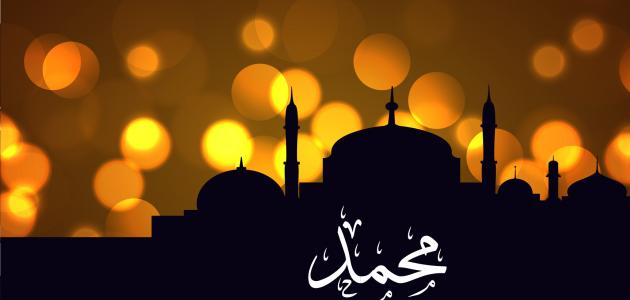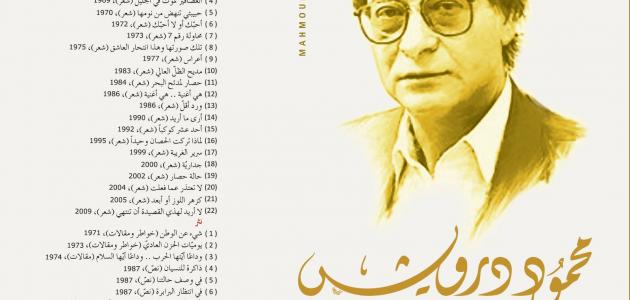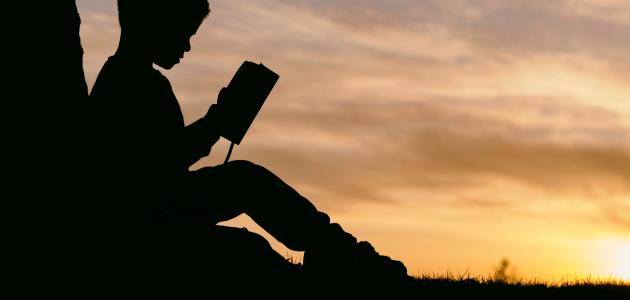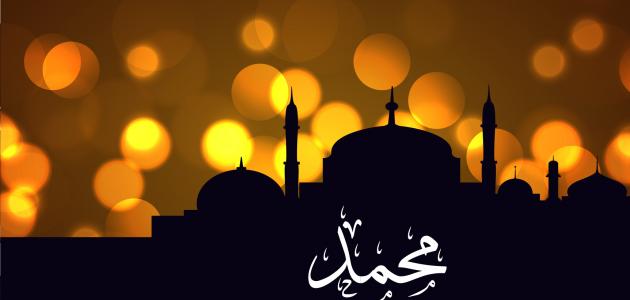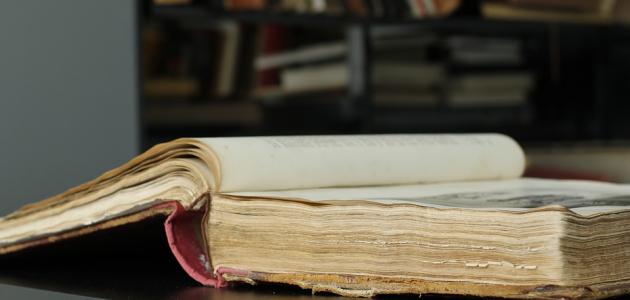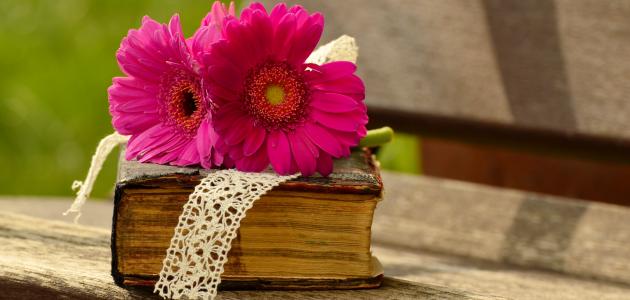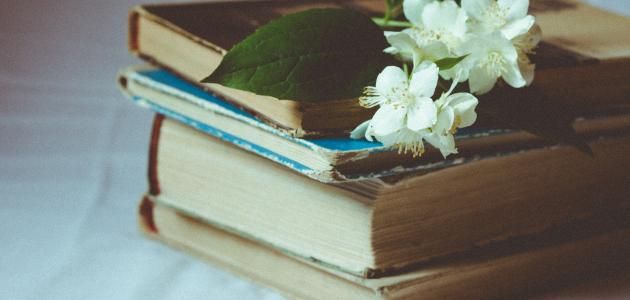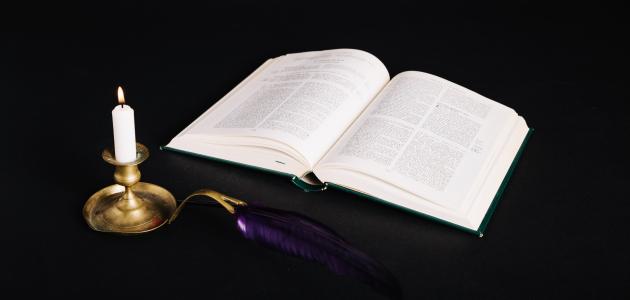lamentation
Lamentation is intense crying with speech on the dead, and it is one of the arts of Arabic poetry. It is considered the truest poetic purpose in terms of emotion. It highlights the characteristic of lamentation and the poetry of lamentation shows the amount of sorrow and grief that the lamenter suffers from. It has several directions, including: political lamentation, and the husband’s lamentation for his wife. Lamentation is for the sake of humor, and its colors are mourning, condolence, and eulogy, and in this article we will show you some lamentation poems.
Balqis poem
Nizar Qabbani, a contemporary poet and diplomat, was born in Damascus in 1923 AD to an ancient Arab family. He has many collections of poetry, and the number of his collections in half a century reached 35 collections. He said in his lament for his wife, Balqis, who died in the explosion of the Iraqi embassy in Beirut, in his book Balqis poem, which was published in 1982:
thank you
thank you
My beloved was killed, and now you can
To drink a cup on the grave of the martyr
And my poem was assassinated
And is there a nation on earth
Except we assassinate the poem
Belqis
She was the most beautiful queen in the history of Babylon
Belqis
It was the tallest palm tree in the land of Iraq
She was walking
Peacocks accompany her
And Ayel follows her
Belqis, my pain
Oh the pain of the poem when the fingertips touch it
Read also:Al-Khansa mourns her brotherDo you see
After your hair, the ears will rise
Green Nineveh!
My blonde gypsy
Oh waves of the Tigris
She is dressed in the spring with her leg
The sweetest anklet
They killed you, Bilqis
any Arab nation
that is
The voices of nightingales kill
Where is the samwal?
And the sleazy
And the first gastropods
Tribes ate tribes
And foxes killed foxes
And spiders killed spiders
An oath with your eyes to them
It houses millions of planets
I will say, O my moon, about the wonders of the Arabs
Is heroism an Arab lie?
Or like us history a liar
Belqis
Don't miss me
The sun is after you
Do not light on the coasts
I will say in the investigation
The thief is now wearing the fighter's dress
I say in the investigation
The talented leader has become like an entrepreneur
And I say
The story of radiation is the silliest joke ever told
We are a tribe among tribes
This is history, Belqis
How does a person differentiate
Between gardens and dumps
Belqis
O martyr and the poem
And the pure disinfectant
Read also:Elegy verses for Al-MutanabbiSaba is searching for its owner
Individual greetings to the masses
Oh the greatest of queens
O woman who embodies all the glories of the Sumerian ages.
Belqis
My sweetest bird
And my most precious icon
Oh, tears that fell down Magdalene's cheek
Did you see your darkness when I moved you
One day on the banks of Adhamiya
Beirut kills one of us every day
And every day looking for a victim
And death is in our coffee cup
And in our apartment key
And in the flowers of our balcony
And in newspapers
and letters of the alphabet
Here we are, Balqis
Once again we enter the age of ignorance
Here we go into savagery
Underdevelopment, ugliness, and meanness
Once again we enter the ages of barbarism
Where writing is a journey
between the fibula and the fibula
Where the assassination of a butterfly in its field
case became
Do you know my love Balkis
It is the most important thing they wrote in the books of love
It was a great mix
between velvet and marble
The violet was between her eyes
He sleeps and does not sleep
Belqis
Oh perfume in my memory
O grave that travels in the clouds
Read also:Sweet poetry versesThey killed you in Beirut like any deer
After they killed the words
my dad
Mahmoud Darwish is one of the most important Palestinian Arab poets whose name is associated with the poetry of the revolution and the homeland. Darwish was born in 1941 AD and died in the United States in 2008 AD after undergoing open-heart surgery. Among his poems in lamentation are:
Turn a blind eye to the moon
He bowed and embraced the earth
And he prayed
For a sky without rain
And he forbade me to travel
Lightning ignited his valleys
There was my father
He raises stones
From ancient and creates trees
His skin was dewy
His hand is a tree leaf
So the horizon cried a song
Odysseus was a knight
Loaves were in the house
And wine and wraps
And horses and shoes
And my father once said
When he prayed on a stone
Turn a blind eye to the moon
And beware of the sea and travel
The day the god flogs his servant
I said, O people, we disbelieve
My father narrated to me and Tata Zinda
In dialogue with agony
Job was thankful
Creator of worms and clouds
He created a wound for me
Neither dead nor fetish
Exhaustion of the wound and pain
And I mean regret
A planet passed on the horizon
descending descending
And it was my shirt
Between fire and wind
And my eyes think
Drawings on the ground
And my father once said
who has no homeland
What has a shrine in the ground
And he forbade me to travel
I stood at the tomb of Aziz bin Yusuf
Ibn al-Saati is Radwan ibn Muhammad al-Saati, a poet, musician, politician, and calligrapher. He learned from his father the science of astronomy and the science of mechanics. In the year 1203 AD, Radwan finished a book on the science of clocks and called it The Science of Clocks and Working With Them. Among his poems, which the reader classified as a poem of lamentation, its type is vertical, the following poem:
I stood at the tomb of Al-Aziz bin Yusuf
- The sad boy standing on the sweet fountain
I did not spend the right of grace and dew
- Nor is the right of this joviality and closeness
Peace be upon the world after him
- Its events are designed, and for themselves, they are pouring
And if I had a heart, sorrow would have repulsed me
- About the heart, but I remained heartless
And my scar dwells after its length
- On the meritorious Wahhab and the knight mourning
My certainty that death is a purpose for creation
- And that death is the source of non-Arabs and Arabs
I took your coffin Egypt by right
Ahmed Shawky is an Egyptian writer and poet. He is one of the greatest Arab poets in modern poetry. He was born in Cairo and died there. He was called the Prince of Poets. And that is due to his greatness in it, and one of his greatest collections is Diwan al-Shawqiyyat, and among his poems is the following poem:
Egypt took your coffin by right
- And I took it from the hand of the faithful spirit
You found your remains pure as they are
- I met Yathrib, the mother of the believers
in its blackness and in its bowels
- And behind the sacrifice of the two ropes
You came out of your crying palace to me
- Ramlat al-Thaghar to the sad palace
She took gold among the orphans
- And she walked in the crosses of the miserable
And threw a party to the sea you see
- Behind the tears flocks of ships
She looked like a slave girl on her lap
- The art of roses and the jasmine branch
And on its cheeks is the light of guidance
- And upon its inhabitants the light of certainty
She got pregnant from Marmara Beach
- The essence of power and a precious treasure
And it floated sea by sea and ran
- In salt brine with specific sweetness
And Dora became independent
- And Sana in the foreheads of the owners
I went about hunting and fishing attic
- Scraps from the guards of the house appointed
And Al-Taqiyyat are the daughters of Al-Muttaqi
- And the trustees are the daughters of the trustworthy
I wore it at the beginning of the morning glory
- And its brightness is like the fading suns
Her hand is bulging
- The plot of the sun, even if the forehead is absent
Lord of the two thrones in her kingdom
- Today you have installed the throne of the worlds
Mary slept before you
- And he hid himself with the women of the messengers
It is the departure of the ancestors
- Adam is the messengers of others
Take off the titles except for a title
- Genius is the mother of benefactors
And let the money ease his year
- It passes from one people into the hands of others
And throw them in the face of the soil
- And put away the burden of the years
And make fun of an honorable person or a mole
- He is not mistaken on the day of the two moles
Condolences on behalf of Awadi Dawla
- You did not last in a son or in a marriage
And lead a procession if you wish
- To cover her face with shields
What answered his companions
- A funeral procession does not revive the burial
Maybe mounted on a cannon
- He forbade the basin, nor did he enclose the den
Void from deceived nations
- They challenge the clear truth
In nuances, and its Lord is an orphan
- Her eyes shed their eyes
He got up from the fever ailments
- Fill two allowances from Ezz Bahon
Families with which the world is inclined, a movie
- Receive only with you the two pillars
Your father was devoid of his hatimah
- And of the two cups in it are the feeders
Grace flew from his grove
- And what was a reduction and softness passed
Orphans mourning for a side
- And the poor extend the ringing
A state that is inclined and an empty sultan
- Naama was declared among the closest
The riser of the East is still on me
- Who built a master in Abidin
God fixes what you spoiled
- Periods of time from the world and religion
Umm Abbas, and what is mine I did not say
- Egypt's mother of daughters and sons
You were like a lord to them and they received
- The state of basil is a neighborhood after a while
It is said that the mother is in her procession
- And it is said that the high sanctuary is protected
Afifi chastity and guidance
- Like a pure Baqee', the pure ones are included
Enter Paradise from his kindergarten
- There is a room for the patient


